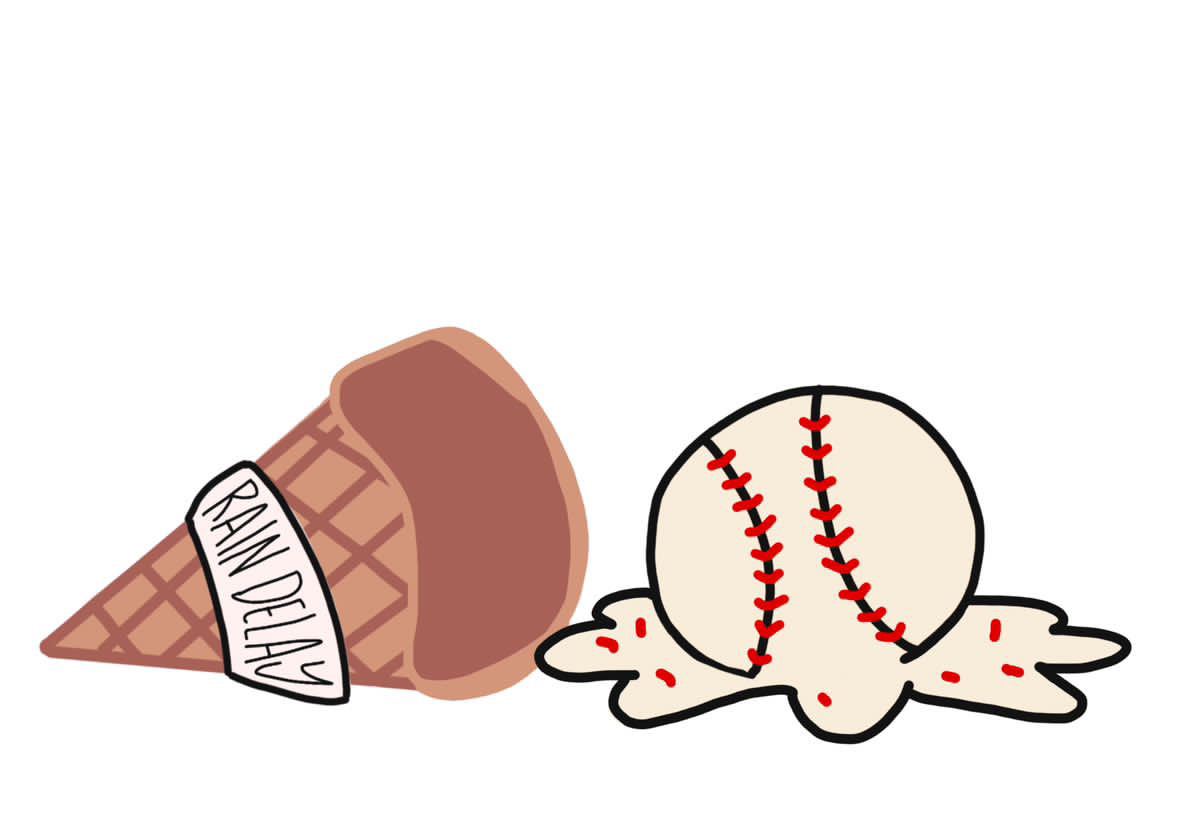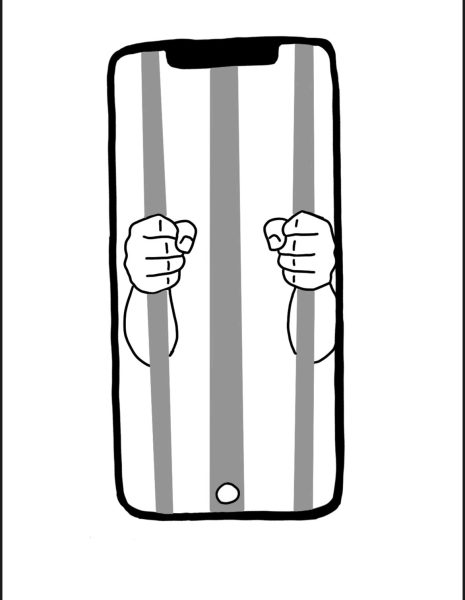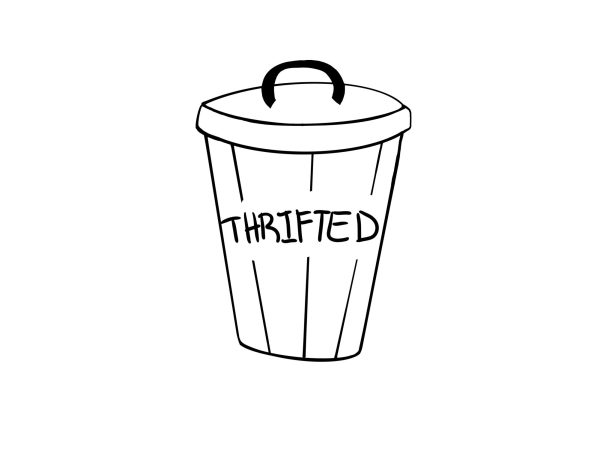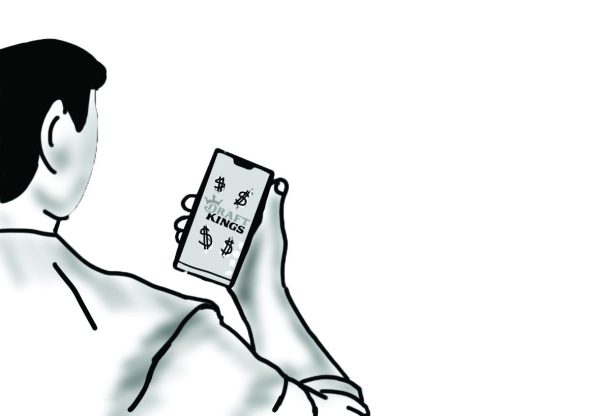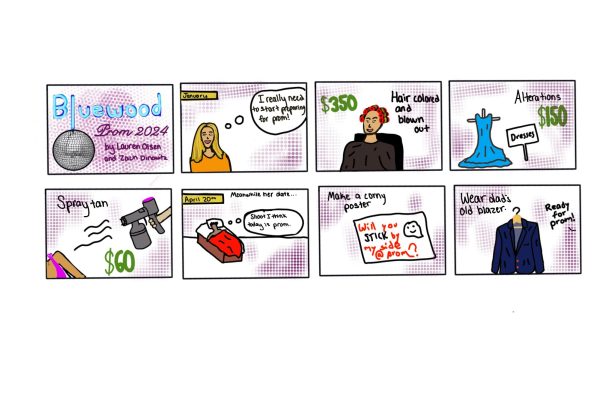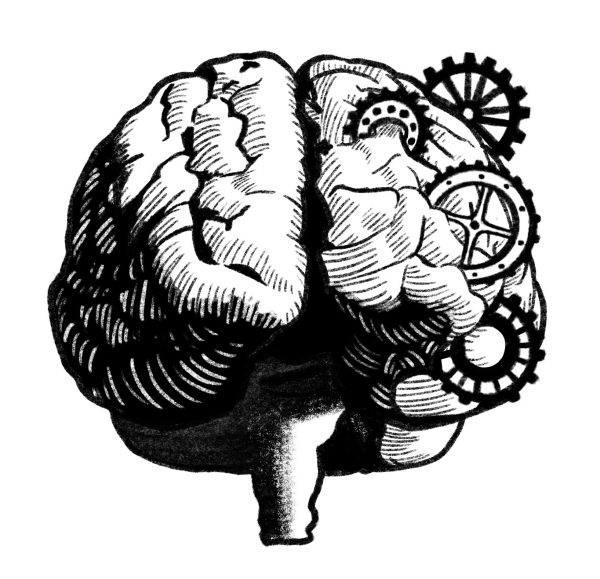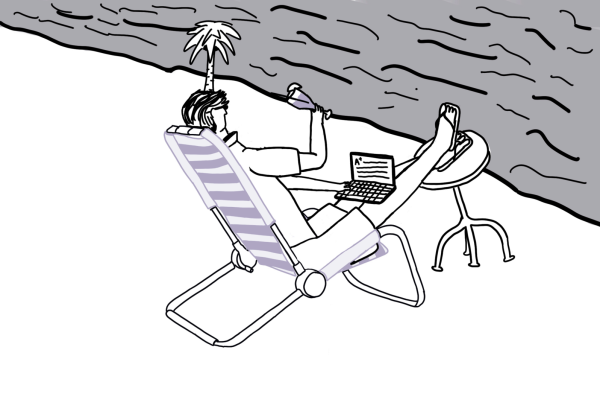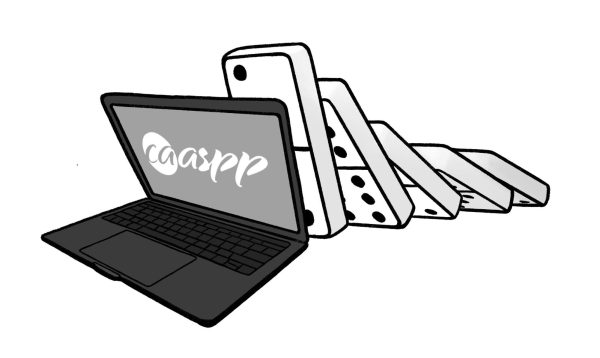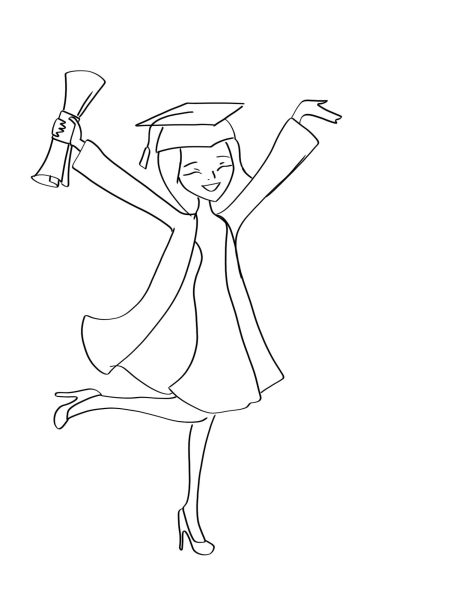Take a moment to consider a COVID-19 gap year
June 9, 2020
Gap years have long since been regarded as a way for graduating seniors to plan their future, whether that be through traveling to culturally enrich themselves or working to build a resume. In fact, when gap years became increasingly popular in the 1960s, they were used by students and governments as a means to encourage globalization in a post-Vietnam War environment. As the vast majority of countries are now warring against COVID-19, such a pivotal moment in our history will undoubtedly change the way current and future seniors perceive and use gap years. For that reason, it’s an option a part of me wishes I had considered more before making the decision to attend a four-year college.
Because of the pandemic, the gap year option is becoming an increasingly appealing option for seniors. The Gap Year Association (GYA) reported a 150 percent increase of activity on their website on the week of May 1, when college decisions are due, than during the same week last year. This is no surprise, considering that dealing with COVID-19 is highly stressful for students, and gap years are commonly used as a way to deal with a variety of mental health issues, such as stress and lack of self-confidence. Gap years have been shown to reduce stress and symptoms of anxiety, according to Good Therapy. Additionally, according to the GYA, 96 percent of students who took a gap year found that their self-confidence increased and 98 percent said that it helped them develop as a person. 
Such benefits would be useful to students going through these particularly trying times. For instance, shortly after the stay-at-home order was issued in Marin, my family experienced the loss of a relative due to the virus. Having felt the shock and grief of this event while also knowing that I’m hardly the only senior affected in such a way by COVID-19 served as a reminder to me that mental health plays a part in the way someone looks at their plans for the future. A gap year provides ample time for an individual to heal alongside their family from the trauma they are experiencing, which helps boost a more positive, unified mentality necessary for going forward through this crisis.
Aside from mental health benefits, gap years also serve as a time to gain work experience. Because travel is severely restricted and businesses worldwide are either closed or not actively seeking interns, it may seem as if there are no opportunities. However, while employment is limited, there are still volunteering opportunities available that can help support local communities amidst the pandemic. A gap year can be put to good use in a more professional manner by delivering groceries, medication and other supplies to the elderly or by making masks for health professionals. Websites such as VolunteerMatch list opportunities daily (both virtual and in person), such as volunteering at health centers and meal delivery for the homeless, among others. Good Morning America also lists opportunities, as well as options for virtual career planning and crisis hotlines. Helping out can also be as simple as raising funds for organizations such as the Center for Disease Philanthropy’s COVID-19 Response Fund or Global Giving’s relief fund which donate supplies such as masks and ventilators and help support local businesses, according to Youth Service America. Not only will these experiences help build a resume, but they allow seniors taking a gap year to become closer to their community and gain a deeper understanding of its inner-workings.
Like every other senior, I want to pretend that my entry into college is going to be normal. For students taking a gap year, it will no doubt be widely different than what they had originally imagined. However, it is still capable of bringing about the same benefits as any other gap year, and then some. I encourage seniors who have not yet made a decision as to whether or not to attend college this upcoming year, to consider both the valuable help they can offer to their community and the favor they would be doing themselves by putting their mental health first.



